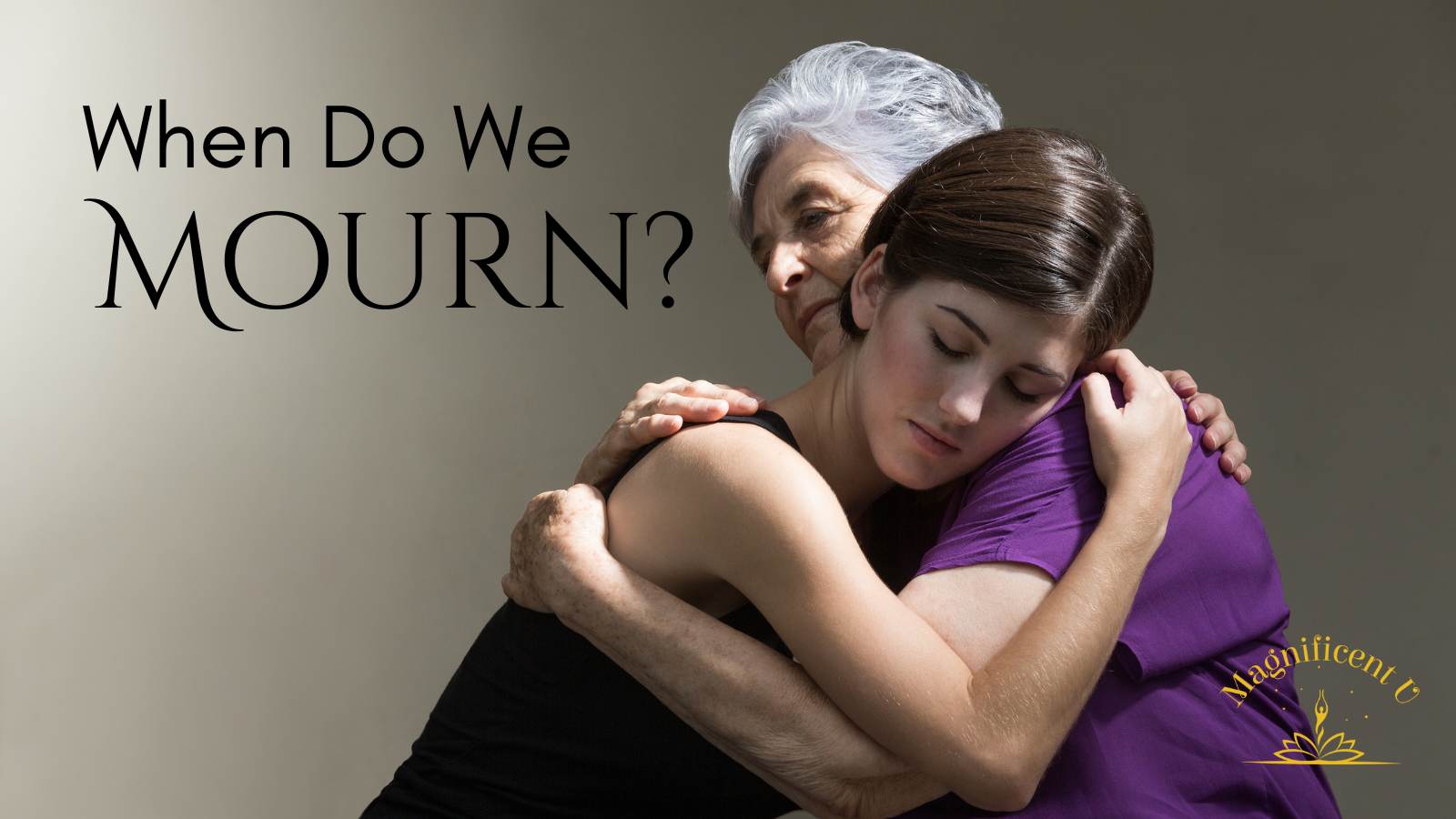When do we mourn?
What do divorce, death of a loved one, being fired, a job restructuring, and not getting a project or promotion, have in common? They each can bring about an intense sense of loss. If not dealt with properly, they each can lead to serious problems with our health, our finances, our personal and work life.
American society tends to recognize that after the loss of a loved one, or a divorce, there are a series of emotions that must be worked through in order to completely heal or recover and move on. Unfortunately, north American society does not recognize that being fired, going through job restructuring, being turned down for a project or promotion, having an accident, contracting a serious illness, ending a relationship (intimate or otherwise), requires the same series of steps.
Studies have shown that the loss of a job tends to be harder for a man to deal with than the loss of a loved one. For a woman, the opposite tends to be true. Of course, there are exceptions. Men typically get their feeling of self worth from their career. Women typically feel self worth from several aspects of their life: career, home, family, etc. If all of these are not satisfying, a woman doesn’t feel “O.K.” about herself. Which is worse – depending solely on a job for happiness, or not being able to be happy if absolutely everything isn’t working? There are ways to move beyond both of these traps – that’s another story.
Humans have to mourn all losses in order to be whole. The loss can be in love, status, finance, friendship, health, anything. Unfortunately, few people have the tools to mourn and heal. Most don’t realize they have anything to mourn about. Even though society approves of mourning death, few people are taught how. It’s a rare individual that knows the stages. Most people can’t recognize when they are in one of them. Often a person gets stuck in one of the stages and stays there for years, possibly even until they die. We mourn loss whether we understand the stages or not. The point is in learning what the stages are, knowing when we are experiencing a loss, feeling the emotions fully, healing while it’s happening, and moving on with our life.
There are people at the opposite end of the spectrum who understand the mourning process and spend their whole lives “processing” the past. They find out, through any number of techniques, that they were abused as children, or some other horrendous thing. They see every therapist, try every therapy, take courses, read books, and in the end haven’t healed and still feel like victims. This is not healing!
“Bad” things are not the only one’s requiring mourning. It can be the loss, or death, of a part of our life for something better. Beginning to menstruate means the death of the “little girl.” A promotion, a marriage, a move to a bigger and better house, a fancy new car – these are all positive changes that bring about the loss, or death, of the old way. There is a time of transition, of mourning, for the old way to make room for the new.
Mourning doesn’t have to be a long drawn out process. It depends on the individual, how fully they allow themselves to feel things in the moment, and their understanding of the stages of mourning. Healing old wounds allows us to feel more love, joy, and happiness. It also aids in improving our self esteem and our health.
Years of accumulated unmourned losses leave us feeling burdened, like life is a struggle, and out of joy. Profound healing takes place as we review the major events in our lives, feel the intense emotions that exist around each one, and finally let them go.
Return from the When do we mourn? page to the Magnificent U personal empowerment home page.




 Takara Shelor
Takara Shelor
Leave a Reply
Want to join the discussion?Feel free to contribute!